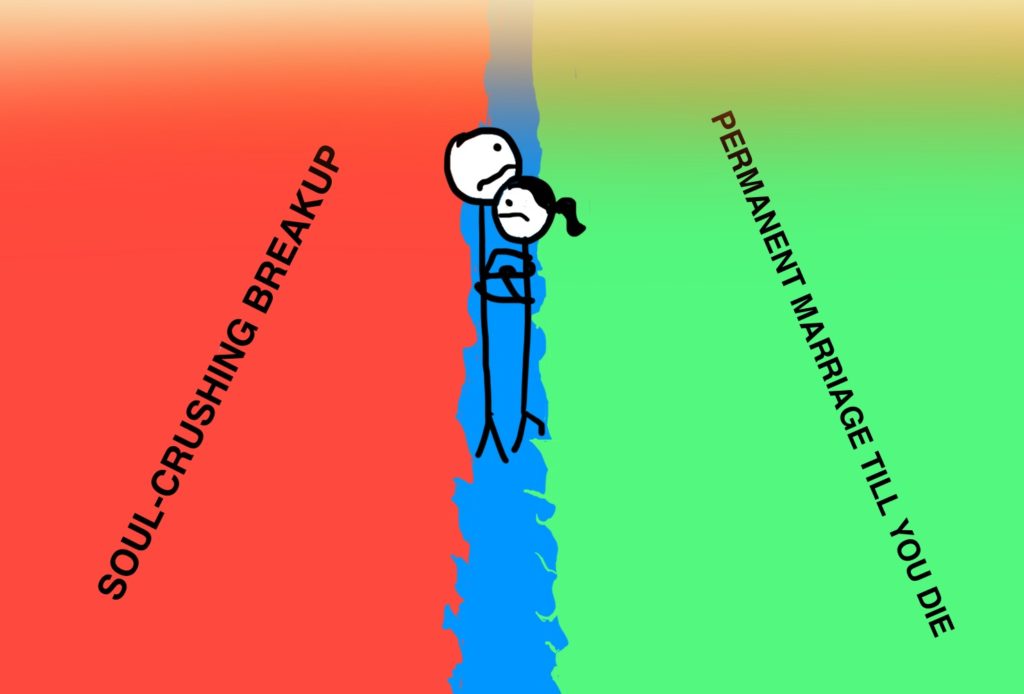Every month draws are held in the federal lottery, the most famous of which is the Mega-seine, and also others such as Lotof-cil, Lotomania, etc. They work like this: in exchange for real ones, you’re part of a drawing where you can receive millions of reais.
Every year other games emerge with greater appeal, such as the Mega-seine of the tower, so many expect this stroke of luck that can reward them with certain numbers.
- In that sense.
- There are people who play all their lives hoping that one day they will be chosen.
- But that never happens.
- They trust in good luck.
- Passively.
- While they believe that there is no other way to obtain wealth.
- Unexpectedly to those affected by luck?.
Before we wait for the lottery to draw us so that we can be happy, live worry-free and feel that our lives are resolved, we need to think a little bit about how our brains act when faced with the worldly things.
For example, isn’t it true that we have a closet full of clothes, but we still use it, why do we always want to have a better car than we already have, a bigger house?Don’t we have enough in certain areas of our lives?
The paradox is that if we received a million reais we would want more in the few days, however much we do not need it, as human beings, our gaze is always full of desire, a desire partly linked to consumption, derived from the artificial needs generated by the society around us and of which we are a part.
We seek that initial spirit that we felt when we finally managed to possess what we did not have; either because it’s better, or simply because it’s a symbol of belonging to a higher group or social class.
An overwhelming but momentary happiness that makes us happy to finally achieve what we loved so much.
And the reason lies in the reward centers of the brain, the stimulus would be the lottery that adds to the acquired behaviors and beliefs becomes desirable; However, once the desirable is achieved, what does the brain need to experience the same thing?Win the lottery again or earn more money.
“70% of people who are enriched in a short time end up being ruined in less than five years. -Francisco Isidro-
We see people who have won the lottery always smiling at the ads, can travel and enjoy their whims without even checking the bank balance, they are carefree and happy.
Those are our expectations, and so many grateful people often imitate the model or feel bad because, behind the number, they do not experience that famous and intense feeling mentioned above.
José Manuel Calvo Vaz, municipal official of a town in Ourense, won more than nine million euros in 2003 in a Spanish lottery. After setting up several failed businesses, spending money on luxury cars he didn’t need and surrounding himself with people who enjoyed, in his shadow, the luxury of his money, ended up committing suicide.
Roger Griffits earned $2. 3 million in the UK National Lottery in 2005 and, after this stroke of luck, he and his wife left their jobs and devoted themselves to a life of luxury.
They thought the money would last forever, but as soon as it was over, the marriage was over too. Everything that was acquired was sold to cover the large amount of debt incurred. Today, Roger lives in a small cabin in West Yorkshire.
“It was a lot of money for someone so young. And even if you say your life won’t change, right?And not exactly for the better. He was about to destroy me. Fortunately, am I stronger today? Callie Rogers (won the lottery in 2003, at age 16)
We’re all waiting for that stroke of luck. However, many people were ruined or imprisoned in an addiction that, had they not won the lottery, would not have succumbed to.
We have so much money overnight that it means a real radical change in our lives, and not necessarily for the better, as the ads say. Reality is often very different.
Money, in large quantities, brings little happiness. What happiness is usually is to intelligently enjoy every stroke of luck that, one way or another, to a greater or lesser extent, we all live.
Otherwise, this apparent blessing of fortune can become a poisonous embrace from which we will eventually be prisoners.

